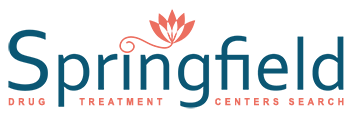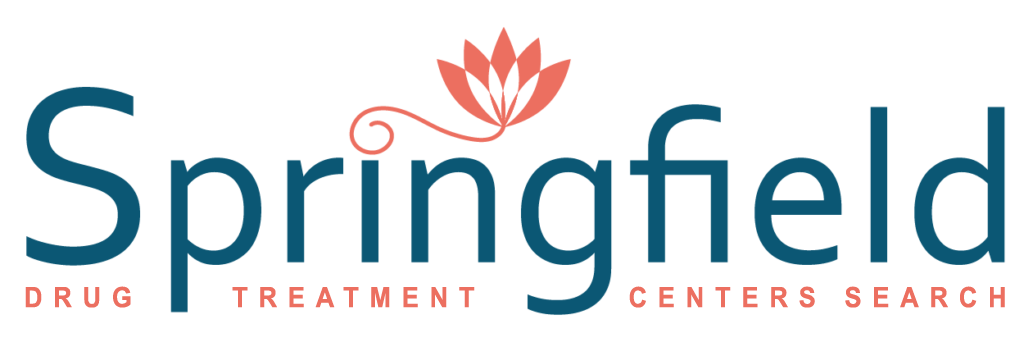Alcohol and Drug Withdrawal in Springfield, MO
Alcohol and drug withdrawal takes place when a dependent person stops or dramatically reduces drug intake. Withdrawal symptoms differ widely depending on the substance and extent of addiction, with physical and psychological symptoms both possible. A medical detox period is often advised to treat withdrawal symptoms in a safe and secure environment, followed by rehabilitation programs and aftercare support regimes. If you or someone you know needs to go through alcohol and drug withdrawal, Springfield Drug Treatment Centers can help.
Physical Withdrawal and Detox
Psychoactive substances are often divided according to the type of withdrawal symptoms they cause. For example, some substances are known to produce physical-somatic withdrawal symptoms upon cessation of use, with other substances associated with an emotional-motivational withdrawal syndrome. Central nervous system (CNS) depressants are more likely to cause physical dependence and associated withdrawal symptoms, including alcohol, heroin, morphine, codeine, oxymorphone, oxycodone, hydromorphone, hydrocodone, fentanyl, methadone, Xanax, Klonopin, Valium, Serax and many others. A medical detox period is typically advised to help people stop taking these drugs and treat associated withdrawal symptoms.
Psychological Withdrawal and Detox
Physical withdrawal symptoms are not always apparent when people stop taking drugs, with some substances more likely to induce an emotional or motivational reaction. CNS stimulants are more likely to induce psychological withdrawal symptoms, including cocaine, crack cocaine, methamphetamine, and the prescription stimulants Concerta, Ritalin, and Adderall. Some CNS depressants are also associated with psychological withdrawal symptoms, including marijuana. While medical intervention is not normally needed for the treatment of mental dependencies, some drugs can prove useful. Rehabilitation programs play an important role in this situation, including regimes based on motivational, cognitive, and behavioral principles.
Medical Detox
Medical detox is the experience and process of drug withdrawal in a medically supervised setting. The United States Department of Health and Human Services recognize three distinct phases in this process; evaluation, stabilization, and consultation. Physical and mental tests are performed during the first stage, medications are typically applied during the second stage, and patients are guided into rehab and aftercare support programs during the third stage.
Rehabilitation
While alcohol and drug withdrawal can be successfully treated through medical and natural detox programs, further measures are needed to break the psychological bonds of addiction. Rehabilitation normally begins after detox has been completed, with patients who are clean and sober much more likely to embrace the recovery process. Rehab programs are based on a combination of pharmacotherapy and psychotherapy, with medication treatment only used when needed.
Common psychotherapy models include cognitive behavioral therapy, motivational interviewing, contingency management, and 12-step facilitation. Relapse prevention programs also play an important role during this process, with patients taught how to identify possible triggers, avoid dangerous situations, and cope with the many challenges that arise during the recovery process. Many of these skills are carried through to the aftercare environment, with some people receiving treatment for months or years after formal rehab has been completed.
Let Springfield Drug Treatment Centers be your primary recovery resource. Just give our recovery advocates a call today at (217) 318-3600 to find out more.

